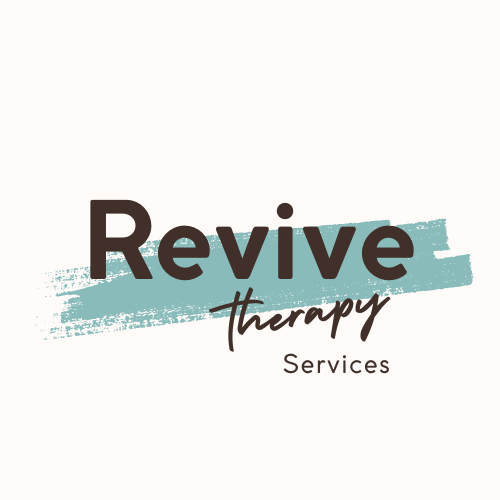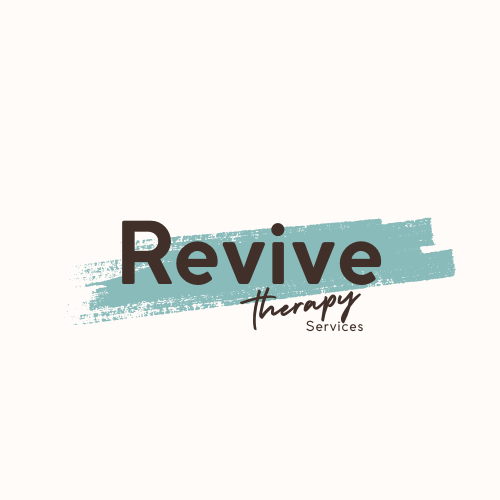Healing the Hurt Within: How Internal Family Systems (IFS) Supports Trauma Recovery
Trauma can be like a storm that rattles the windows of our minds and hearts, leaving behind fragments of distress, pain, and confusion. It's not just about the visible scars; it's often the unseen wounds that linger, affecting our thoughts, emotions, and behaviors. In the realm of therapy, a powerful approach known as Internal Family Systems (IFS) has emerged as a beacon of hope for those seeking to navigate the tumultuous aftermath of trauma.
Understanding What IFS Is All About
At its core, IFS views our inner world as a diverse community—a bit like a bustling town filled with different characters. These characters represent various parts of ourselves, each carrying its unique emotions, beliefs, and reactions. In the context of trauma, some parts might hold the raw pain of the experience, while others could be protective, attempting to shield us from further harm.
Imagine your mind as a stage where these parts take turns stepping into the spotlight. There might be a wounded child part, hurt and scared, seeking solace and understanding. Another part could be a vigilant guardian, always on high alert, trying to ensure safety at any cost. Then there might be a more rational, calm part, observing and attempting to make sense of it all.
IFS doesn't judge these parts; instead, it seeks to understand them with compassion and curiosity. It's like a compassionate therapist guiding a group therapy session within your mind. The goal isn't to suppress or eliminate any part, but rather to foster harmony and healing among them.
One of the key concepts of IFS is the idea of Self—the core, compassionate, and wise center within each of us. This Self is like the calm, understanding leader guiding the inner community toward balance and healing. When trauma strikes, the harmony among our inner parts often gets disrupted. IFS aims to restore this balance by helping individuals connect with their inner Self, creating a safe space for the wounded parts to be seen, heard, and healed.
So, how does IFS help with trauma?
Firstly, it provides a framework for self-exploration and understanding. Through gentle introspection guided by a trained therapist, individuals learn to identify and acknowledge their different parts. This process helps in recognizing how these parts interact and influence one's thoughts, emotions, and behaviors—especially in response to traumatic events.
Next, IFS fosters a sense of safety and acceptance within oneself. Trauma can lead to feelings of shame, guilt, or self-blame. By approaching these parts with empathy and understanding, IFS encourages self-compassion. This self-compassion becomes a nurturing environment for wounded parts to express themselves without fear of judgment or rejection.
Thirdly, IFS promotes healing by facilitating communication and collaboration among the inner parts. Through therapeutic techniques such as guided visualization or dialogue, individuals learn to listen to and understand their parts better. This process can lead to reconciliation and cooperation among conflicting parts, reducing internal conflicts and emotional distress.
Moreover, IFS helps individuals reclaim a sense of agency and empowerment. Trauma often leaves individuals feeling helpless or out of control. By acknowledging and honoring the protective roles of certain parts, IFS empowers individuals to renegotiate these roles and make conscious choices, restoring a sense of control over their lives.
Furthermore, IFS supports the integration of experiences. Trauma memories are often fragmented or overwhelming. By gradually revisiting these memories in a safe and controlled environment, guided by the Self, individuals can process and integrate these experiences more effectively, reducing their emotional intensity and impact.
In essence, Internal Family Systems offers a compassionate roadmap for healing the intricate layers of trauma within us. By acknowledging and honoring the diverse parts of our inner world, fostering self-compassion, promoting collaboration among these parts, and empowering individuals to reclaim their agency, IFS paves the way toward inner harmony and resilience.
Healing from trauma isn't a linear journey, nor is it a quick fix. However, with the guidance of Internal Family Systems, individuals can embark on a transformative path toward healing, understanding, and reclaiming their lives from the shadows of the past. It's a journey of self-discovery and self-compassion, leading to a brighter, more integrated future—one where the storm's echoes gradually fade, leaving behind a newfound sense of peace and wholeness.
IFS Therapy Available in Philadelphia, Pennsylvania
Hannah is an IFS-informed therapist, meaning she incorporates IFS concepts with other modalities, such as EMDR. Traditional talk therapies such as CBT, or Cognitive Behavioral Therapy, can help develop insight into problematic patterns we engage in. Unfortunately, modalities like CBT or Psychodynamic therapy are limited in their abilities to help facilitate healing from trauma. We are a passionate group of therapists who specialize in trauma and want to help your inner parts integrate so you can find relief from your trauma symptoms.
Other Services at Revive Therapy
Therapy can be a fantastic way to help you navigate life, even if you don’t have a trauma history! Having a safe and non-judgemental space to process life’s stressors can be a game-changer. Whether you are a first-timer or a therapy veteran we are here to help at Revive Therapy in Pennsylvania. We offer a wide array of services including Eating disorder treatment, body image issues, binge eating, and more. We also are able to provide EMDR therapy if you need more specialized support. Additionally, all services are offered via online or in person. Stop putting off therapy and message us today!




